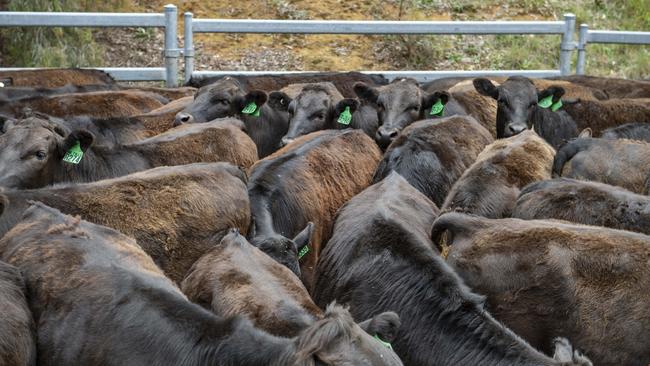
In short both countries have agreed to establish a ‘Working Group on Enhancing Climate Action in the 2020s’, which will “meet regularly to address the climate crisis and advance the multilateral process, focusing on enhancing concrete actions in this decade”.
The joint announcement is a big relief for COP26 organisers who so far have little to show for their efforts.
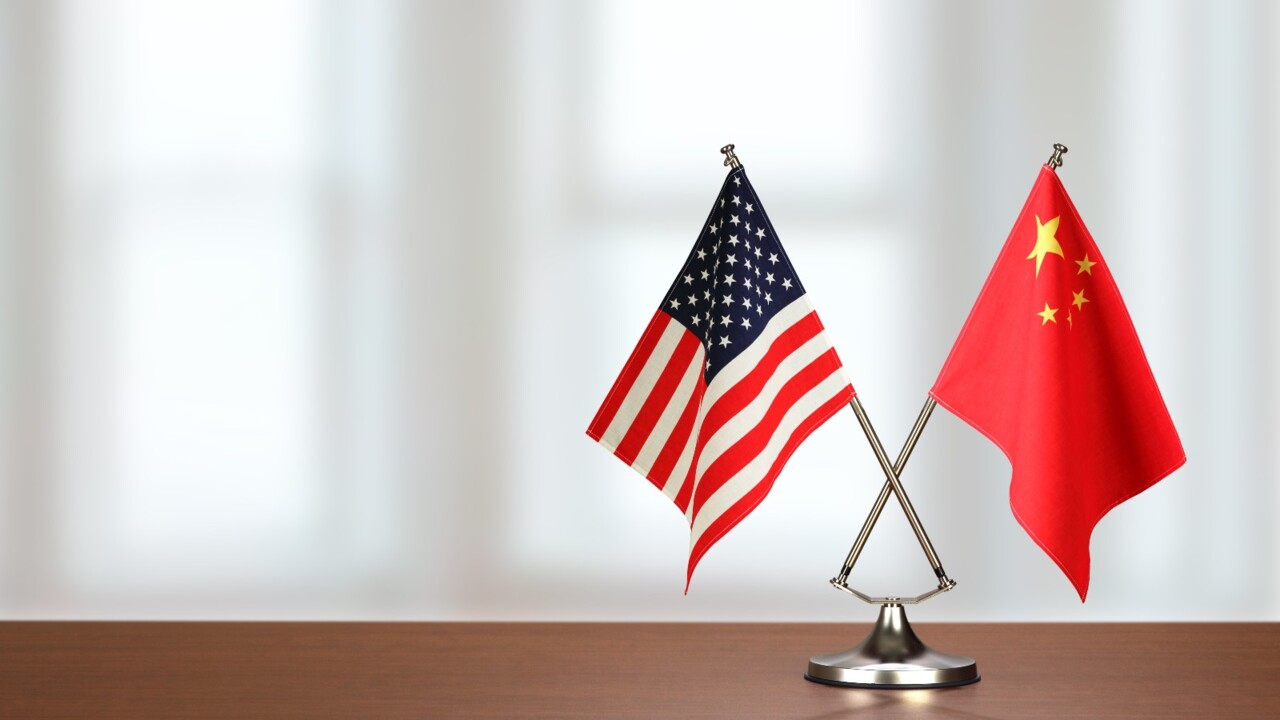
It is also a diplomatic coup for China which has been recognised by the US as a world power worthy of bilateral engagement.
China has previously attempted to join co-operation on climate change with the US to a much broader suite of greviances including support for Taiwan.
President Xi did not attend the Glasgow talks.
But China and the US have now declared their intention to work “individually, jointly, and with other countries during this decisive decade, in accordance with different national circumstances, to strengthen and accelerate climate action and co-operation”.
The US has set a goal to reach 100 per cent carbon pollution-free electricity by 2035.
China has said it will phase down coal consumption during the 15th Five Year Plan and make best efforts to accelerate this work.
China is building new coal fired power stations at home but said it will stop funding unabated power stations overseas.
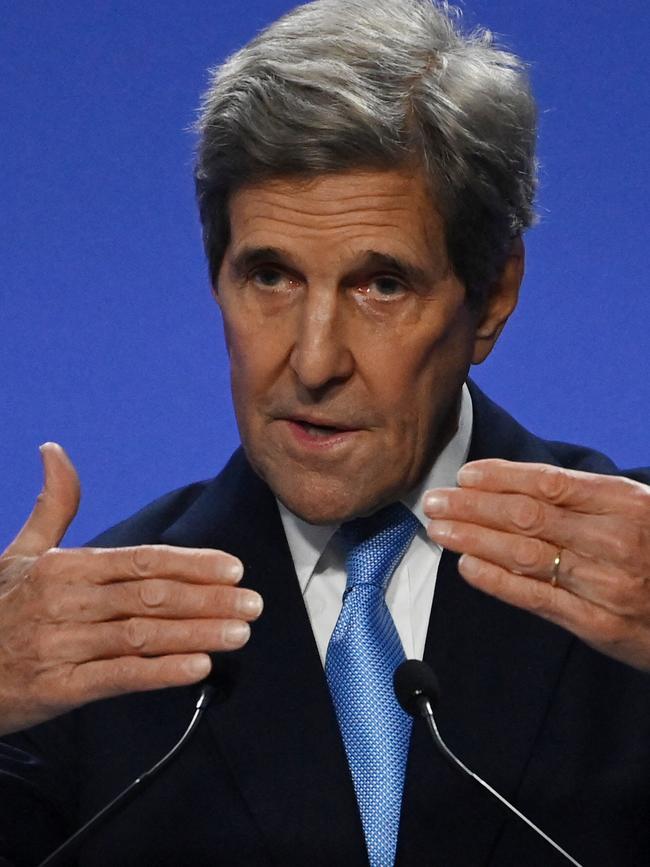
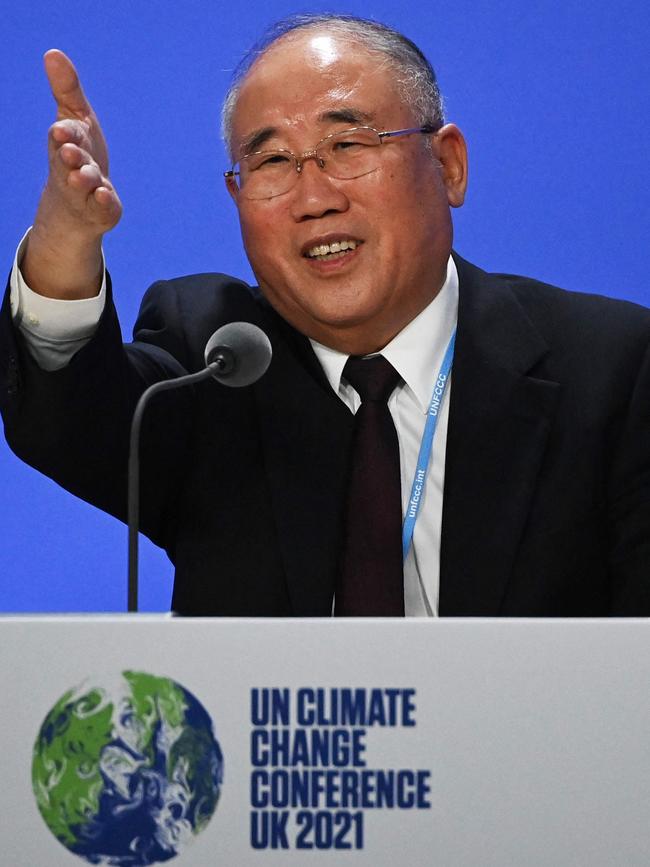
The US and China will co-operate on carbon capture and storage or reuse and direct air capture.
Most significantly for Australia, China has agreed to work with the US to monitor and limit emissions of methane.
China did not sign the pledge championed by the Biden administration to cut methane emissions by 30 per cent this decade.
Rather, China “intends to develop a comprehensive and ambitious National Action Plan on methane, aiming to achieve a significant effect on methane emissions control and reductions in the 2020s”. The US and China intend to convene a meeting in the first half of 2022 to focus on the specifics of enhancing measurement and mitigation of methane, including through standards to reduce methane from the fossil and waste sectors, as well as incentives and programs to reduce methane from the agricultural sector.
As a result, Australia will come under sustained pressure to join the push to phase down methane emissions. This has big consequences both for the livestock industry and producers of natural gas.


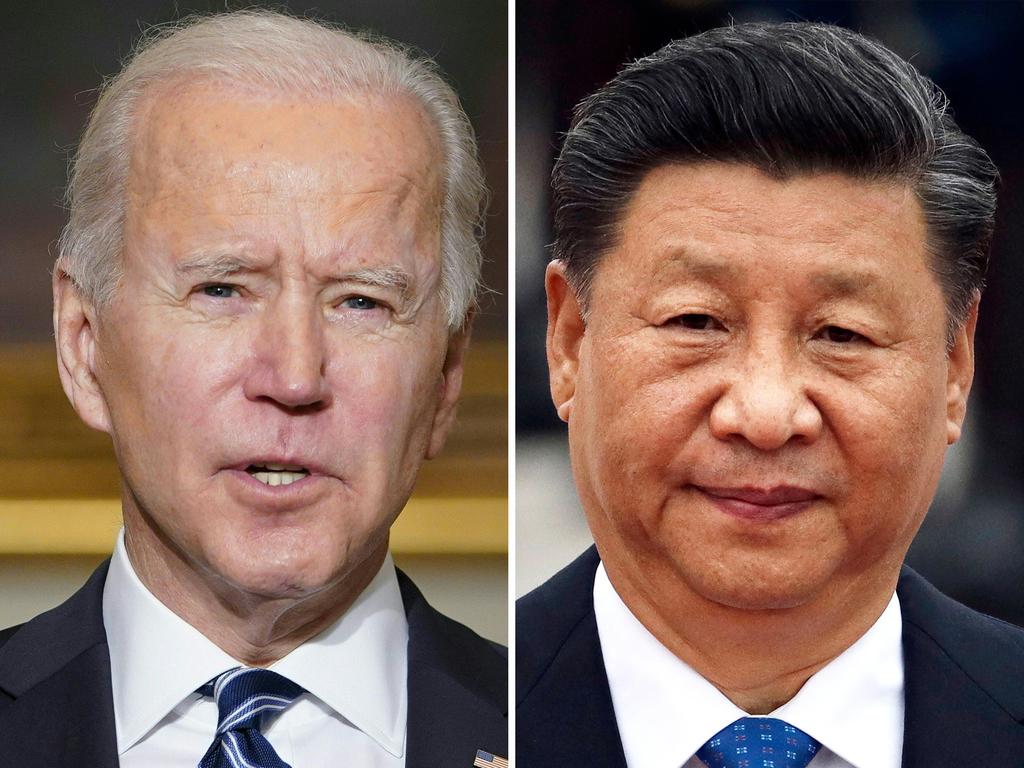
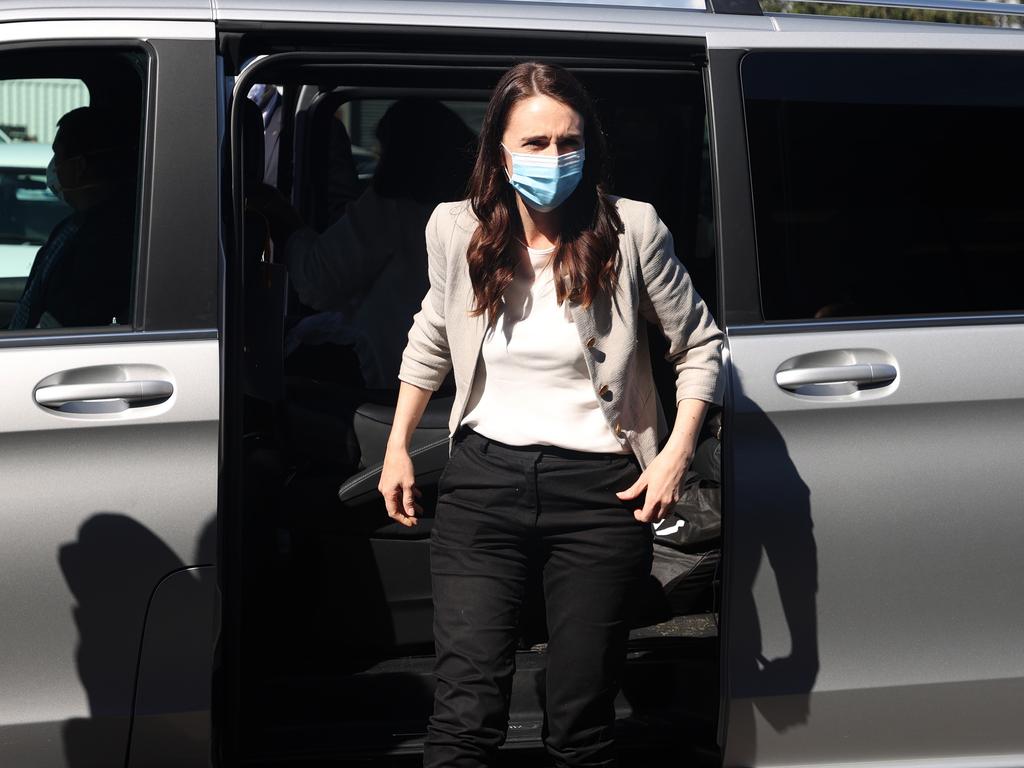




Months of negotiations between the United States and China has produced an agreement to keep talking about climate change but no firm commitments. The US/China statement maintains the Paris agreement target to keep warming to below two degrees, rather than a firm 1.5 degrees as Boris Johnson and Joe Biden had wanted.